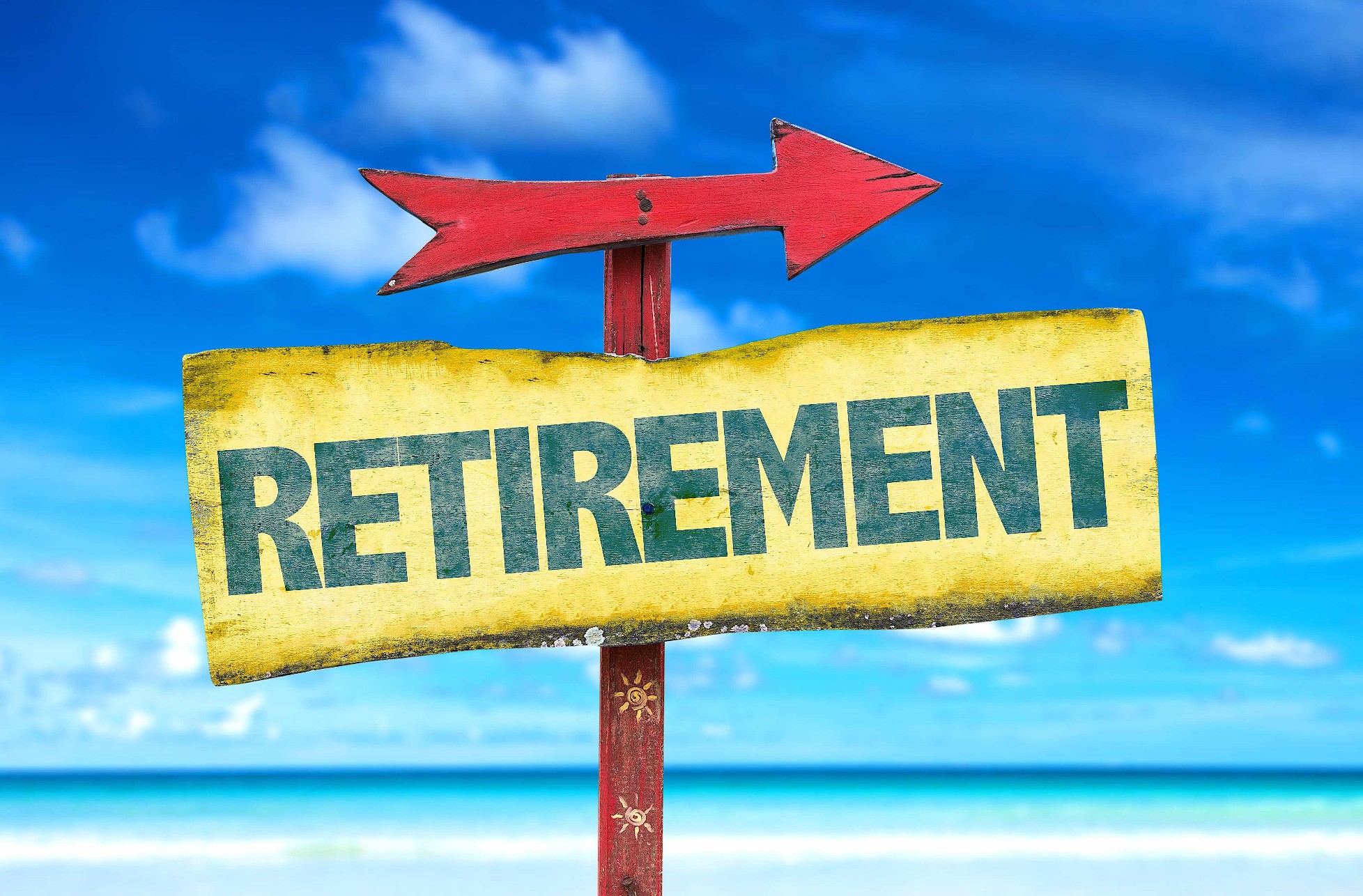
I was having a conversation with a friend recently and he made the point that our society was very smart to realize that at age 60-65 people retire because they are ready for a slower life (he is around this age himself). He is a very intelligent guy, with a PhD in chemical engineering, and yet he still fell for the trap. I replied that I disagree, society has gotten it wrong.
I do believe that around 60-65 most people start to enjoy a slower life, but why wait until 60-65? The traditional idea of retirement is to work for 40-45 years, saving what money is left over after you spend your paycheck, and living off of that for the rest of your life, sipping cocktails on a tropical beach. Let me get this straight, you want me to trade 40 years of my life, the best 40 years, where I’ll be the most healthy and the most physically fit, to then sit around and do nothing all day? Sounds pretty lame to me.
Not only do I have a problem with the idea of sitting around and doing nothing all day, which seems like it would get pretty boring after day 2, I have an even bigger issue with working for 40 years. If you work an average 9-5 job, and say get 2 weeks of vacation a year, that’s 80,000 hours of your life spent working. Lets say that we will live to be 85, that gives us roughly 495,000 hours of time that we are awake. This means that were giving nearly 20% of all our waking hours to a job most of us don’t like, and the whole point is so that at the end of this time we can sit and do nothing! Who in the right mind would give up being in there 20s to be in there 60s?
This is not to say that we shouldn’t work at all until we are older, that leads to other problems like having to work even later in life because our retirement investments haven’t had sufficient time to grow; but I do think we need to take some of this time back for ourselves. There are two great options that can help solve this problem, both of which I am interested in, and have a hard time deciding between, so I am trying to combine the two for a hybrid retirement plan.
Option 1: Mini-retirements
We are introduced to mini-retirements as kids in school – summer break, ring a bell? It is a 2 month period with no “work” which at that time was school, sort of like a sabbatical. I first heard it phrased as a mini-retirement in “The 4 Hour Work Week” by Tim Ferriss. He talks about how he takes a few months off every year to do something he loves, like travelling or getting outside his comfort zone. For example he won a kickboxing world championship without having any kickboxing experience previously*. When I first stumbled upon the book I was in my junior year of college. It made perfect sense to me, we got a break from school, why shouldn’t we get a break from work, too. Many times these mini-retirements can actually improve your work or increase your income (by avoiding burnout). They allow you to grow, to become more confident, and to recharge, so when you go back to work, you will more likely be a better employee or boss**.
Mini-retirements can also be very affordable if you know how to plan them. Renting an apartment for a month can cost the same as staying at a hotel for a week. Living out of a car on an extended road trip or backpacking Europe can both be achieved with a few months of saving. Pro Tip: Visit countries like Thailand or Costa Rica where your money goes farther because of the exchange rates.
J.D Roth, founder of Get Rich Slowly, explained that in saving money for a mini-retirement, it’s not money he is pulling from potential retirement savings, rather it’s money he is pulling away from purchases that he doesn’t really need, like a new car. He explains that the mini-retirement actually provides much more value than a new car ever could, so it’s money well spent.
There are some things I love about this idea and others I am not crazy about. I think the idea of mini-retirements is great, it helps prevent burn out, brings more enjoyment to the present rather than waiting, and improves self growth. I don’t like that it assumes you will work until 65, because even getting a month of time back every year, you still end up spending a large portion of time at work. The problem I have with spending so much of our lives working, isn’t the act of working, it is the fact that we don’t have the freedom to stop working and therefor are at the power of our bosses. This can mean work takes time away from more important things like spending time with your kids and can cause unnecessary stress. Doing a job we aren’t passionate about or find meaningless can bring dissatisfaction into your life.
Option 2: F.I.R.E
The F.I.R.E movement has exploded over recent years, creating a cult like following. Don’t let that scare you away however, because they make a lot of good points. F.I.R.E stands for Financial Independence and Retire Early. The movement is about living super frugally to invest a large portion of your income (typically 50% or more) with the goal to reach the cross over point, where income from investments is greater than living expenses. Once you reach that point, congratulations! You are now able to retire. The problem I have with this approach is that you still have to work for roughly 10-15 years living very frugally to be able to “retire”. Again, I don’t want to trade the best years of my life for the promise of a future that may never come***. I do like a lot of what the F.I.R.E movement teaches: purposeful spending of money, good saving / investing habits, living a meaningful life not focused around money (once you can reach financial independence). For me, reaching financial independence doesn’t mean slowing down in my work, it means I have the freedom to pursue only meaningful work. I think most people actually enjoy working hard for things they care about. F.I.R.E. is about having the chance to figure out what that work is for you and spending more time and energy providing value to others.
So, both are decent options, but like I said, I am not sold on either. My hybrid approach involves taking mini-retirements while also saving and investing to reach financial independence. This will likely mean that I end up working later than if I was just trying to follow F.I.R.E, but I also get the benefits of getting time to go on adventures like hiking the Colorado Trail, one of the top trails on my long list of thru hikes. This all fits into my Financial Independent Adventure Lifestyle where I can still afford modern comforts like a house and having kids (Opposed to the adventure dirt bag lifestyle where I live in a van for the rest of my life, which doesn’t sound bad to me now but I know that will likely change as I get older).
This is going to be a long journey and I am still at the very beginning trying to learn as much as I can. Things will likely change along the way, new information will lead to new conclusions, road blocks will have to be overcome, and whos to say aliens won’t have invaded by then. I look forward to learning and sharing my experiences on what worked and what didn’t so anyone who wants to do something similar can use me as a case study.
*You might ask how that is possible. A quick google search will give you a more detailed answer, but the short answer is that he found a loop hole in the rules. Until that point no one had used weight cutting, like we do in America for wrestling. Using that strategy, he was able to fight at 30 pounds heavier than his opponents and using his size advantage, forcing them out of the ring.
**Research has shown that employees experiencing burnout, especially emotional exhaustion, are less productive and have a higher rate of being absent from work (Amer et al. 2022)
***Within reason. I can’t live every day like its my last because statistically I will wake up tomorrow and I need to have a plan for being able to afford living. If the facts change then my opinion will be different.




